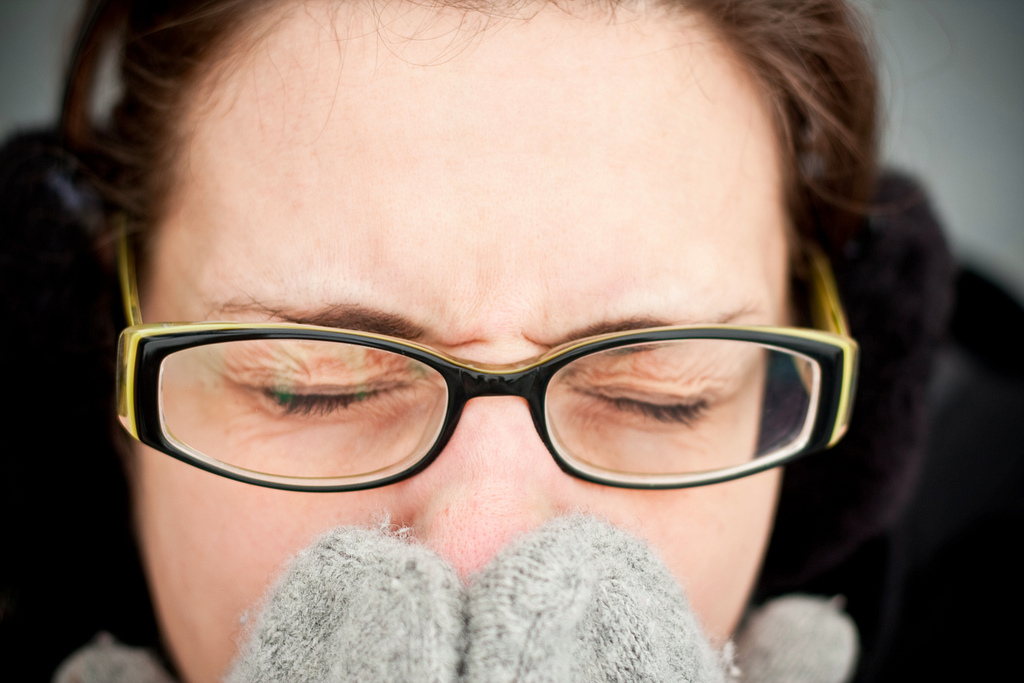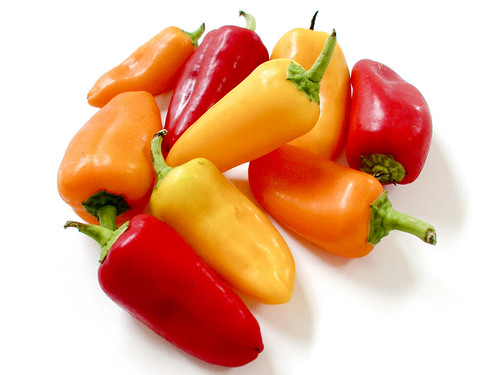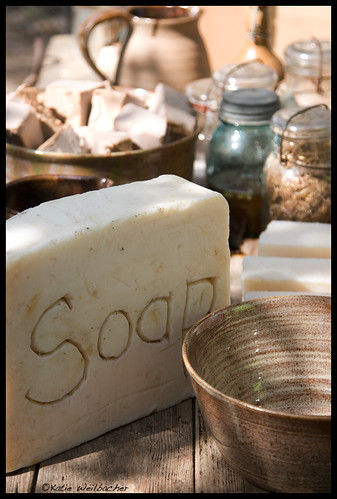
 Cold and flu season is here. Typically starting in November and lasting until April, around one-quarter of Canadians will get the flu and almost everyone will experience at least one cold this season. Are you doing everything you can to protect yourself and your family from sickness this season? Read on for tips to protect and treat your family and make this your healthiest season yet.
Cold and flu season is here. Typically starting in November and lasting until April, around one-quarter of Canadians will get the flu and almost everyone will experience at least one cold this season. Are you doing everything you can to protect yourself and your family from sickness this season? Read on for tips to protect and treat your family and make this your healthiest season yet.
What’s the difference between the common cold and influenza?
Both the common cold and influenza are viruses – there are multiple strains of influenza and over 100 different viruses that can cause symptoms of the common cold. These viruses are transmitted easily by coming in contact with the virus in respiratory droplets (when people cough or sneeze) or by touching a surface contaminated with the virus (phones, door handles, stair rails).
Many people have a hard time knowing whether they have the cold or the flu – especially since the symptoms of both are so similar. Check the chart below to learn the differences.
|
Symptom |
Common Cold |
Influenza (Flu) |
| Onset | Slow and gradual over several days | Fast and sudden |
| Aches, pains in muscles or joints | Minor | Common, often severe |
| Chest pain | Mild | Common, can be severe |
| Chills | Rare | Common |
| Cough | Hacking, phlegmy cough | Dry cough |
| Extreme exhaustion | Never | Common, severe |
| Fatigue | Mild | Moderate to severe, lasting up to 2-3 weeks |
| Fever | Rare | Common, often high (39-40oC or 102-104F) |
| Headache | Rare | Common |
| Sneezing | Common | Sometimes |
| Sore throat | Common – often first symptom | Sometimes |
| Stuffy nose | Common | Sometimes |
Treating the Common Cold and Flu
Even though the viruses that cause the cold and flu are different, the treatments are often the same. The goal of cold and flu
treatment is to first and foremost prevent getting the cold or flu and second to optimize the immune system and support the body’s natural healing processes.
Strategies for preventing the spread of colds and flu
- Cough into your sleeve. Don’t cough or sneeze into your hand, you’ll just spread the germs to other surfaces.
- Wash your hands frequently and thoroughly. The time you spend washing your hands is more important than the type of soap you use. Avoid overuse of “antibacterial” soaps (remember – colds and flu are caused by viruses not bacteria) and focus instead on spending at least 15 seconds washing your hands.
- Stay home if you are sick! Don’t bring your cough or cold to school or work. Stay home and nourish yourself and you’ll be back to work sooner!
- Use a humidifier. The viruses that cause the common cold survive better in the winter months due to the lower humidity. If your home or office is dry during the winter months then a humidifier can decrease the chance you’ll catch a cold.
- Clean surfaces regularly. Clean your door knobs, faucets, countertops and any other commonly touched surface at least once per day. If you share a computer or phone at work be sure to wipe those down too (special wipes are available for cleaning electronics).
Optimizing the Immune System
If you can’t avoid exposure to the viruses that cause the common cold and influenza, at least you can make sure your immune system is ready to handle them!
 Eat a diet rich in immune-boosting phytonutrients, such as those found in yellow, red and dark green fruits and vegetables.
Eat a diet rich in immune-boosting phytonutrients, such as those found in yellow, red and dark green fruits and vegetables.- Drink water and clear fluids to stay hydrated and prevent viruses from adhering to the mucous membranes in your nose and throat.
- Avoid refined sugar. Sugar impacts your immune system for up to six hours after eating it (six hours!) So put away the Halloween candy and reach for a vitamin C-rich orange instead.
- Manage your stress. Both acute and chronic stress decrease the ability of our immune system to fight off infection. If you need help managing stress, talk to a Naturopathic Doctor to find out ways you can improve your health by decreasing your stress.
- Get your daily vitamin D. Vitamin D is used by your body to make antimicrobial peptides – the body’s natural antibiotics. Studies have shown that people with lower levels of vitamin D are much more likely to catch a cold or the flu. In Canada we don’t get enough sunlight between the months of November and April to make vitamin D, resulting in widespread deficiency. If you aren’t currently taking a vitamin D supplement, start one now! It can prevent you catching the cold or flu, and help you fight it if you do get it.
- Take botanical medicines properly. If you need additional immune support there are a number of well-studied botanical medicines available that can improve your immune function. Elder berries, andrographis, echinacea, goldenseal, astragalus, licorice, eucalyptus, garlic, ginger and ginseng are all immune boosting herbs that when used properly can enhance your ability to fight off viruses. They can be used individually or in combination, depending on your personal needs. Discuss it with your Naturopathic Doctor before beginning any botanical medicines especially if you are pregnant, nursing, are taking any medications or have any underlying illness.
Stay healthy this winter! Support your health, and the health of your family and community by optimizing your immune system and preventing the spread of the cold and flu. If you need more support for yourself or your family, book an appointment with a qualified Naturopathic Doctor for further guidance and optimal health.
Disclaimer
The advice provided in this article is for informational purposes only. It is meant to augment and not replace consultation with a licensed health care provider. Consultation with a Naturopathic Doctor or other primary care provider is recommended for anyone suffering from a health problem.
Photo credits:



[…] are a number of natural treatments for influenza. Bed rest, warming socks, vitamin D, vitamin C, zinc, Echinacea, Ginseng, Andrographis, […]
[…] socks is a technique used to treat the common cold, influenza, sore throats, sinus infections, upper respiratory tract infections, headaches, head and chest […]
[…] Frequent colds and/or flu […]
[…] are a number of natural treatments for influenza. Bed rest, warming socks, vitamin D, vitamin C, zinc, Echinacea, Ginseng, Andrographis, […]